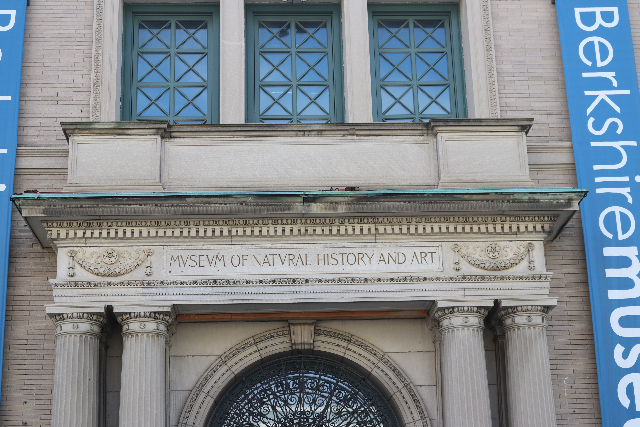Laurie Norton Moffatt on the Role of Trustees
Rockwell Museum Director Argues for Respect
By: Laurie Norton Moffatt - Aug 14, 2017
I would like to address the issue of board service to not-for-profit organizations. Without the hundreds of generous leaders who step up to serve on museum, cultural, education and human services boards, our community would not function and so many services we value and take for granted would cease to exist. If you have never served on a board or been part of a non-profit organization, it may be difficult to understand the role of a trustee.
When an individual agrees to serve on a board, they give of their time, talent and treasure. Or you may have heard the phrase work, wealth and wisdom. Different individuals contribute in different ways and are selected for their ability in one or more of these three areas. Without the generosity of trustees and patrons who support all the not-for-profits, most would go out of existence.
Did you know that
To the matter of trustees providing services to an institution they serve, there is nothing to say that cannot or should not be done. Competitive public bid procedures and full disclosure to the board of any contract awarded to a trustee is acceptable procedure. Often trustees discount services and it benefits the organization to purchase services from a trustee to save money.
Trustees are generous with resources, but they can't do it alone. It is not easy serving on a board. The constant striving for resources, the unexpected challenges that come along, the expectation to be informed and knowledgable about the organization and industry it represents and the charge to make good decisions is demanding and is a great responsibility.
The
For more information on understanding the role trustees see the Division of Charities publication http://www.mass.gov/ago/docs/nonprofit/guide-for-board-members.pdf and the organization Board Source, https://boardsource.org.

